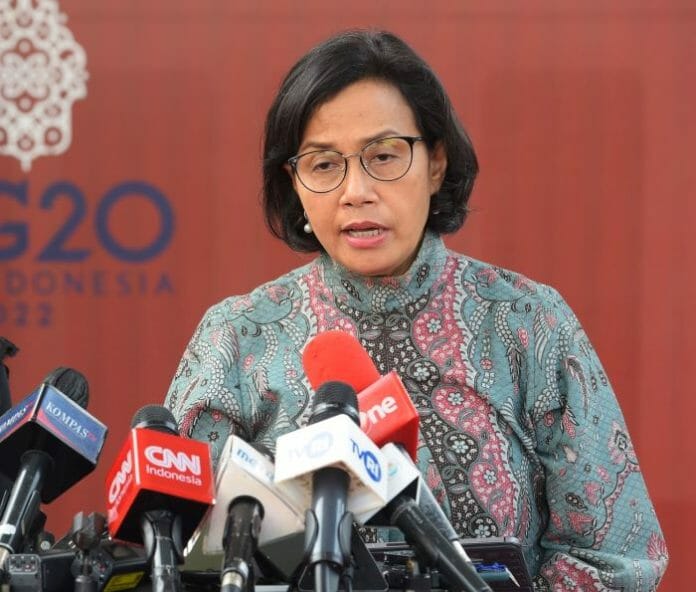The total indicative budget ceiling for the central government in 2024 will be Rp999.99 trillion or US$66.92 billion, with the policy direction of government spending including priority spending, Finance Minister Sri Mulyani Indrawati said.
“Several principles have already been conveyed by the President; national priorities have to be resolved,” she added during the 2023 Central Development Coordination Meeting.
“There are no new initiatives that will make the programs or projects incomplete,” she informed.
In addition to priority spending, the policy direction will also encompass central-regional synergy, human resource quality spending, consolidation of human resource quality development fund sources, and downstreaming, as well as green economy support.
The budget will be allocated toward meeting government minimum requirements, which will encompass employee spending and operation spending worth Rp424.27 trillion or US$28.39 billion.
The remaining Rp575.72 trillion or US$38.53 billion will be allocated for structural reformation and priority theme improvement.
The structural reformation will be undertaken in the health, social protection, and education sectors. Meanwhile, the short-term priority theme will encompass stunting handling, extreme poverty eradication, inflation control, and support for investment.
The US$38.53 billion will also be utilized for the implementation of the priority agenda and the completion of National Strategic Projects (PSN), which will include the conduct of general election stages and Nusantara State Capital (IKN) development.
She further informed that President Joko Widodo has instructed officials to reduce extreme poverty, stunting, inflation, and improve investment by 2024 to improve development indicators.
The policy direction from the state budget will also comprise an improvement in human resource quality, which will cover education and health dimensions as well as basic infrastructures, such as clean water availability.
The next direction will be enhancing natural resources’ added value, deregulation and institution strengthening, and developing infrastructure to reduce the Incremental Capital Output Ratio (ICOR).
Better bureaucracy as well as credible and efficient infrastructure will improve the quality of human resources, and every single rupiah capital investment will lead to better results, the minister said.









